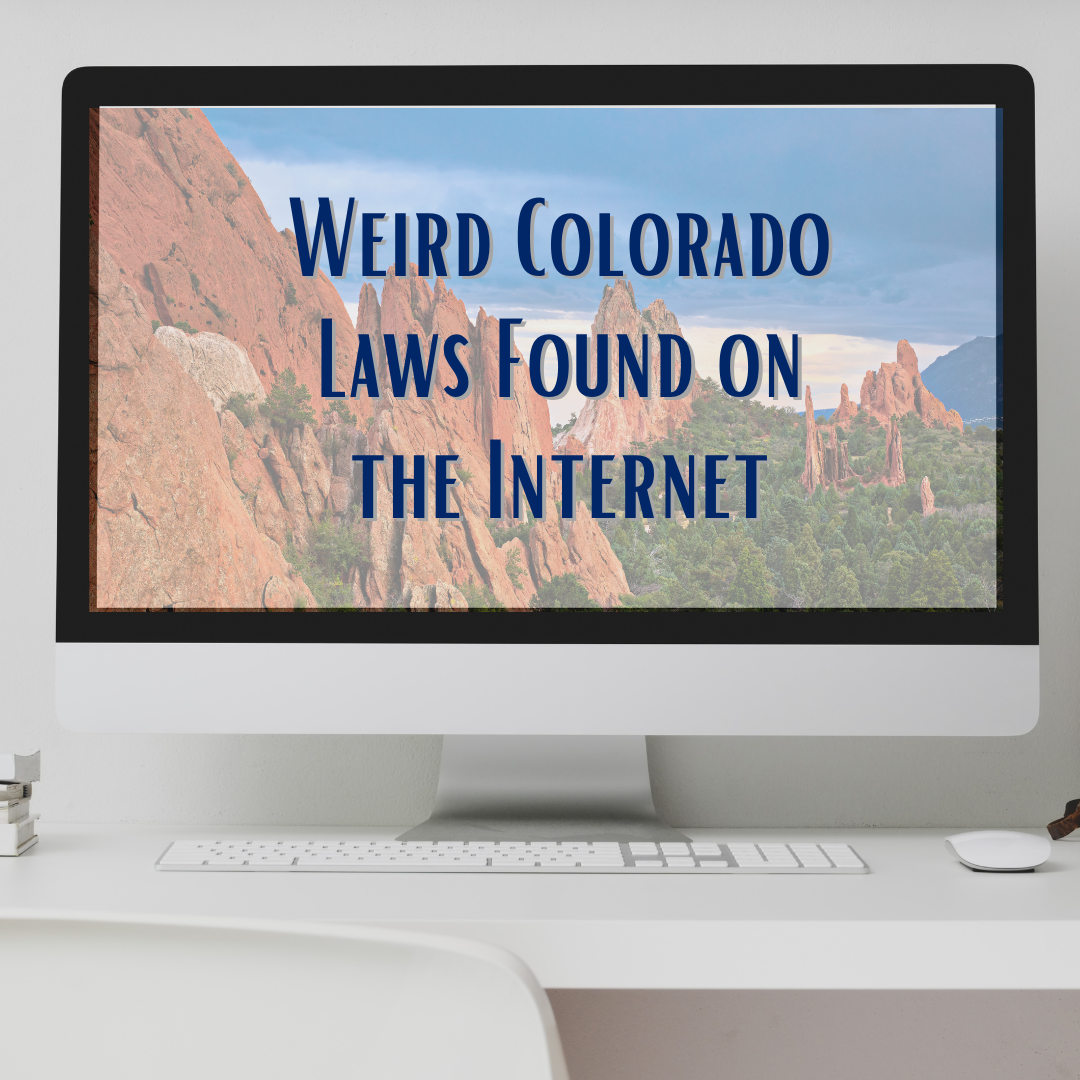Weird Colorado Laws – There Are No Liars in Colorado Courts – The Law Offices of Steven Rodemer, Colorado Springs

(Element I: ODD Guidelines IN COLORADO)
In courtroom dramas on Television or in the films, there is certainly normally a scene the place a witness, even just after swearing on a stack of Bibles and his useless mother’s grave that he will notify the real truth, the complete reality and nothing at all but the truth, usually takes the witness stand and then states something that is not correct.

On-screen, a single of the lawyers leaps to their ft, factors their finger at the witness, and shouts for the full courtroom to hear:
“LIAR!”
In the Point out of Colorado, even so, this can never materialize – there are no “lies” or “liars” in Colorado courts.
In Colorado, as the Colorado Supreme Court wrote in the situation of Crider v. People, 186 P.3d 39, 41 (Colo. 2008), “it is inappropriate for a lawyer to use any sort of the term ‘lie’ in characterizing for a jury a witness’s testimony or his truthfulness.”
That certain term is banned “for a number of factors. It is prohibited not only for the reason that it poses a chance of speaking the lawyer’s personal belief about the veracity of a witness and implying that the attorney is privy to info not right before the jury, but also just since the phrase ‘lie’ is an inflammatory phrase, possible (no matter if or not in fact developed) to evoke powerful and adverse emotional reactions towards the witness.”
As much again as in 1981, the Colorado Supreme Court docket has stated, as they did in the case of Hughes v. Point out, 437 A. 2d 559, 571 (Colo. 1981), “In our opinion, ‘liar’ is an epithet to be employed sparingly in argument to the jury. It is a flashboard far more most likely to make heat in a contentious courtroom than it is to illuminate the look for for truth of the matter. […] We say this due to the fact a witness or a bash may perhaps be mistaken, uninformed, or erroneous in his points or conclusions in quite a few ways, and yet not be a liar labeling a witness as a ‘liar’ or to argue that he has ‘lied’ is to say a little something fairly unique about his testimony.”
“Some words and phrases or analogies by their pretty nature resonate much more powerfully in the heart and minds of the jury,” the Colorado Supreme Court docket wrote in the case of Domingo-Gomez v. Men and women, 125 P.3d 1043 1050 (Colo. 2005). These kinds of words “evoke sturdy reactions in jurors and take them down the route to a conviction where by the evidence does not automatically direct. The word ‘lie’ is this kind of a robust expression that it essentially reflects the particular opinion of the speaker. When spoken by the State’s representative in the courtroom, the word ‘lie’ has the perilous possible of swaying the jury from their duty to identify the accused’s guilt or innocence on the evidence appropriately offered at trial.”
In other terms, if a attorney phone calls some thing a “lie,” it is such a shocking curse that a jury may possibly not be ready to get around it, and may well convict an normally innocent individual, just since they really feel so strongly about “liars.”
Hence, no lawyer is allowed to ever use any variation of the term “lie” in Colorado courtrooms.
Although odd regulations are entertaining to go through about, we know that when you are sitting down in the courtroom, it is seldom fun or entertaining. The skilled legal defense team at The Regulation Workplaces of Steven Rodemer is below to aid you navigate the felony justice method and guarantee your legal rights are shielded throughout the procedure. Speak to us nowadays to guarantee you get the specialist authorized representation you have earned.



